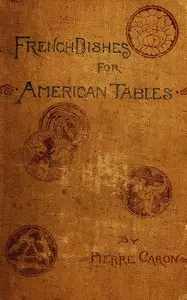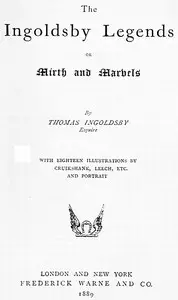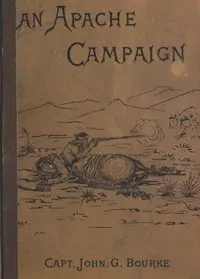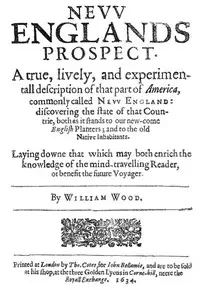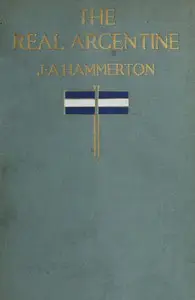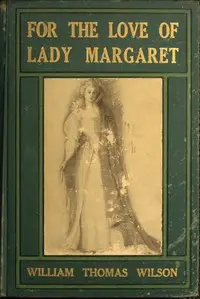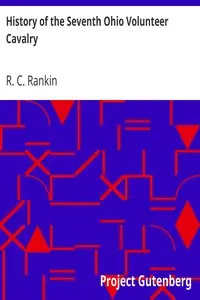"Henry Clay's Remarks in House and Senate" by Henry Clay is a collection of political speeches and remarks made by the influential American statesman during his time in the U.S. Congress, spanning the early 19th century. The text focuses on two notable addresses: Clay's opposition to the Expunging Resolutions in 1837, which sought to erase a previous Senate resolution, and his critique of the Seminole War in 1819. This book highlights Clay's deep concern for the preservation of constitutional liberties and the balance of power within the American government. In the first address, Clay vehemently opposes the Expunging Resolutions, arguing that they serve no patriotic purpose and threaten the integrity of the Senate's role in the government. He critiques the growing power of the presidency, suggesting that such actions undermine both the Constitution and the principles of democracy. In the second address, he addresses the Seminole War, emphasizing the moral implications and dangers of military overreach and the violation of neutral rights in pursuit of questionable objectives. Clay's speeches are characterized by a passionate defense of civil liberties and a warning against the potential consequences of unchecked executive power, reflecting his commitment to the rule of law and the safeguarding of the republic. (This is an automatically generated summary.)
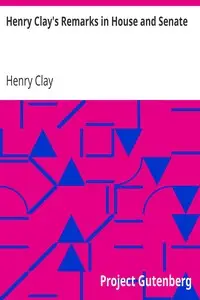
Henry Clay's Remarks in House and Senate
By Henry Clay
"Henry Clay's Remarks in House and Senate" by Henry Clay is a collection of political speeches and remarks made by the influential American statesman ...
Henry Clay Sr. was an American lawyer and statesman who represented Kentucky in both the U.S. Senate and House of Representatives. He was the seventh House speaker as well as the ninth secretary of state. He unsuccessfully ran for president in the 1824, 1832, and 1844 elections. He helped found both the National Republican Party and the Whig Party. For his role in defusing sectional crises, he earned the appellation of the "Great Compromiser" and was part of the "Great Triumvirate" of Congressmen, alongside fellow Whig Daniel Webster and Democrat John C. Calhoun. Clay died at the age of 75 in 1852.



